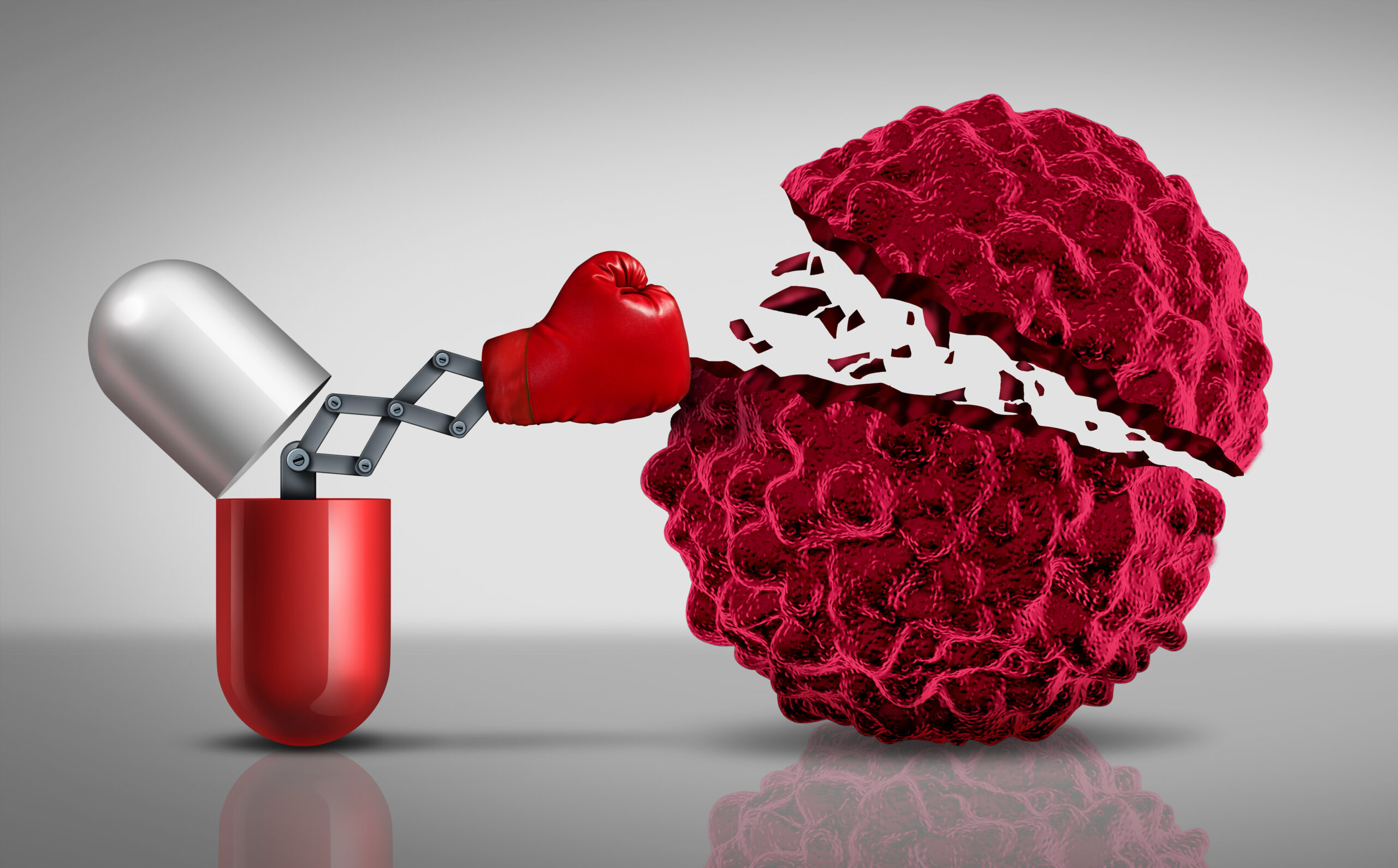There are many medical tests to evaluate everything from blood pressure to cholesterol and even genetic risks. Dozens of studies have been showing the importance of vitamin D when fighting COVID-19, so it might be worth getting a blood test to check your vitamin levels, especially since these imposed restrictions are keeping most people inside out of the sun which is the most abundant and free source of this essential vitamin. To add to this studies show that vitamin D deficiency is prevalent in the American population, even before the restrictions, and those with low levels of vitamin D tend to fare very poorly, with COVID-19 patients admitted to hospital showing a 3.7 fold increased odds of death.
“I think that’s probably one of the smartest things that a person could do right now, with an unpredictable role of a relatively unknown illness. What we do know at this point about vitamin therapy, particularly about vitamin D, a new study has come out and a new analysis has come out on what we know about vitamin D and COVID. So far, here’s what we know: people with low vitamin D who get COVID have a greater tendency toward dying, have a greater tendency toward hyper-inflammation in the cytokine storm that comes with COVID, and have a greater tendency toward getting on ventilators, which are very bad because ventilators don’t work very well for COVID. When a person’s on a ventilator with COVID it’s not a good thing. So, the outcomes aren’t great, so if we can keep people off of ventilators and we can keep their immune system supported really well with nutrition, that ideally that makes the most sense,” explains Dr. Osborne.
Levels of vitamin D decrease in the body during the wintertime because fewer people venture outdoors to naturally soak up the sun, add the restrictions to this and it sets one up for a deficiency. People need around 20 minutes of sunlight every day to get an adequate amount. Some people, after consulting with their doctor or certified medical professional, are turning to supplementation to keep their levels of vitamin D at a healthy level. Some hospitals are even using vitamins as a part of COVID-19 treatment, meaning it is not just for prevention. Studies show that vitamin D is one of the most important, yet simple and affordable ways to help you stay healthy.
“A lot of doctors are now learning this and coming out and saying it! The East Virginia School of Medicine actually has a COVID protocol that includes Vitamin D. So if you’re a patient who gets hospitalized for COVID, they’re automatically putting you on between 20,000 and 60,000 units of Vitamin D. This is part of their standard of care protocol in that hospital system,” says Dr. Osborne.
“Vitamin D is very inexpensive. You can buy it at the local nutrition store, and it might just save your life, should you get sick. With vitamin D, there’s a therapy that can be done that I recommend, and it’s 1000 international units (IU) of vitamin D per pound. So if you’re 100 pounds, you would take 100,000 international units of vitamin D for three days. After that, you don’t have to keep taking those higher doses, but three days of high dose vitamin D will elevate your serum vitamin D levels to adequate levels,” states Dr. Osborne.
However, those with sarcoidosis need to speak with their physician as too much of this vitamin may not be safe for them. Along with the following CDC health guidelines, Dr. Osborne recommends boosting the immunes systems in a 4 pronged approach with 4 different supplements:
- Vitamin D: Get your levels checked and keep them up, deficiency is associated with increased autoimmunity and increased susceptibility to infection. Supplementation has been shown to significantly reduce the chances of a respiratory tract infection.
- Vitamin C: This is an antioxidant that can help to reduce inflammation that can lead to respiratory distress and has been proven to be an antiviral used since the 1930s, and has been used for influenza, SARS, and viral pneumonia since then. It also has been shown to enhance differentiation and proliferation of both B and T-cells, and deficiency results in impaired immunity and higher susceptibility to infections.
- Zinc: This is essential to sustain a functioning immune system, it helps to stop viral replication in multiple ways to prevent a virus from hacking your DNA, prevent the virus from replicating, and prevent the virus from entering cells. Zinc also helps the body to produce and activate T-cells that trigger the body to respond to infections.
- Quercetin: This is a natural bioflavonoid that opens up the cells within the body so that zinc can enter your cells, this could be considered the key that helps the others to do their job more effectively. This is also an antioxidant known for scavenging and anti-allergic properties characterized by stimulation of immune system, antiviral activity, inhibition of histamine release, decrease in pro-inflammatory cytokines, leukotrienes creation, and suppresses interleukin IL-4 production.
According to Dr. Osborne, some hospitals are treating rona patients with all 4 of the above supplements. While there are many dietary sources to obtain vitamin C, zinc and quercetin naturally there are only a few dietary sources of vitamin D such as cod liver oil, fatty fish, and mushrooms to help reach the recommended daily intake, but one would have to eat a lot of it, making sunshine so important.
As with anything you read on the internet, this article should not be construed as medical advice; please talk to your doctor or primary care provider before making any changes to your wellness routine.




